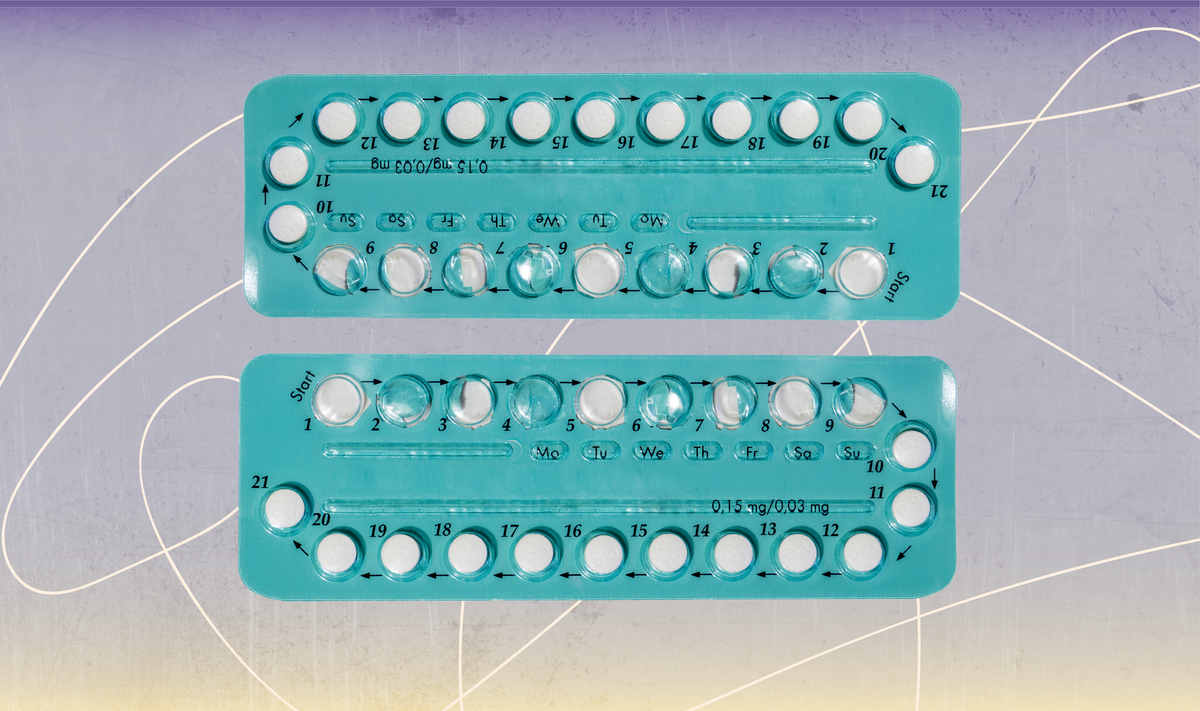Conversations reflect mixed attitudes about PrEP
Plus, posts shared misleading claims about the mental health impacts of abortion and discussed reasons for taking or discontinuing birth control pills.

Plus, posts shared misleading claims about the mental health impacts of abortion and discussed reasons for taking or discontinuing birth control pills.
As a U.S. Supreme Court case challenges coverage of pre-exposure prophylaxis, posts discussed the importance of PrEP, and some comments expressed stigmatizing attitudes toward those who use it. Other posts falsely claimed that regret is common after abortion and shared experiences with mental health changes while taking birth control pills and after discontinuing them.
In response, communicators may explain how PrEP works and who can take it, highlight the mental health impacts of abortion and abortion restrictions, and outline birth control options.

Insights brought to you by the reporters and science writers of Public Good News (PGN), a nonprofit newsroom dedicated to improving community health.
What’s trending nationally in reproductive health conversation:
On January 10, several articles reported that the Supreme Court will soon hear a case challenging a provision of the Affordable Care Act that requires insurance companies to provide free preventative care. That preventative care includes cancer screenings, contraception, vaccines, and PrEP, a medication that protects against HIV. The plaintiffs argue that free access to PrEP encourages “homosexual behavior,” which conflicts with their religious beliefs. Articles covering the case spread across multiple social media platforms. One X post read, “associating [PrEP] with hypersexuality is so insane and toxic. it takes ONE sexual encounter to contract HIV there’s nothing wrong with someone taking preventative measures by taking a medication that is proven to be safe and effective.” The post received approximately 521,500 views, 17,000 likes, 2,000 reposts, and 120 comments as of January 14. While some comments expressed stigmatizing attitudes toward gay men and others who take PrEP, others shared support for those who take PrEP, stating, “Everyone who takes Prep should be honored because with that act they not only take care of themselves, they also take care of others” and “[PrEP] allows people to take care of their sexual health like condoms and birth control.”
On January 8, an X user shared a screenshot of a Reddit post in which a person claimed that they had an abortion, regretted the decision, and experienced long-term guilt and grief. The text of the X post called the story “unbelievably tragic.” The post received approximately 750,000 views, 24,000 likes, 1,600 reposts, and 790 comments as of January 14. Many comments incorrectly framed regret as a common occurrence after abortion and alleged that people who get abortions experience negative mental health impacts, despite research finding that most individuals do not regret having an abortion.
On January 7, a Reddit user shared a post expressing hesitancy about discontinuing birth control pills—despite stating that they no longer need them—due to concerns about potential negative mental health effects. The post received approximately 95 upvotes and 500 comments as of January 14. Some commenters stated that discontinuing birth control pills improved their mental health, while others noted that starting and staying on birth control pills has benefited their mental health.

Recommendations brought to you by the health communication experts behind Infodemiology.com.
Recommendations for public health professionals
Each week, the Infodemiology.com team will provide messaging recommendations in response to some of the trending narratives outlined above. These helpful tips can be used when creating content, updating web and FAQ pages, and developing strategy for messaging about reproductive health.
The past several weeks of online conversation have shown information gaps about PrEP, including misconceptions about how it works and who can take it. Messaging may explain that taking PrEP as prescribed reduces the risk of contracting HIV through sex or injecting drugs by about 99 percent. PrEP may be right for sexually active people of all genders and sexual orientations who have sexual partners with HIV, do not consistently use condoms during vaginal or anal sex, or have been diagnosed with a sexually transmitted infection in the past six months. PrEP may also be right for anyone who injects drugs and shares injection equipment. Messaging may emphasize that anyone who is not taking PrEP can contract HIV when an infected person’s bodily fluids—like blood, vaginal fluids, semen, anal mucus, and breast milk—enter their body through the mouth, genitals, anus, or broken skin. Right now, most insurance plans cover PrEP, and payment assistance programs are available for those who need to pay for the medication out of pocket.
In response to misleading claims about the prevalence of regret after abortion, communicators may explain that regret following an abortion is rare. In a 2020 study, researchers interviewed people who’d had abortions five years earlier, and nearly all of those surveyed said that abortion was the right decision for them. Most said they felt relief. Another study found that being denied an abortion is associated with a greater risk of negative mental health outcomes than receiving one.
Messaging may emphasize that research is split on the mental health impacts of birth control pills, as each person’s experience is unique. Communicators may explain that birth control pills are a safe and effective way to prevent pregnancy and that they can also ease premenstrual symptoms, reduce cramps, and make periods lighter. Some types of birth control pills can also prevent acne, iron deficiency, breast and ovarian cysts, bone thinning, and certain cancers. People who have concerns about mental health and birth control pills can talk to their health care provider about the best birth control options for them. Outlining the types of hormonal and non-hormonal birth control is recommended.
